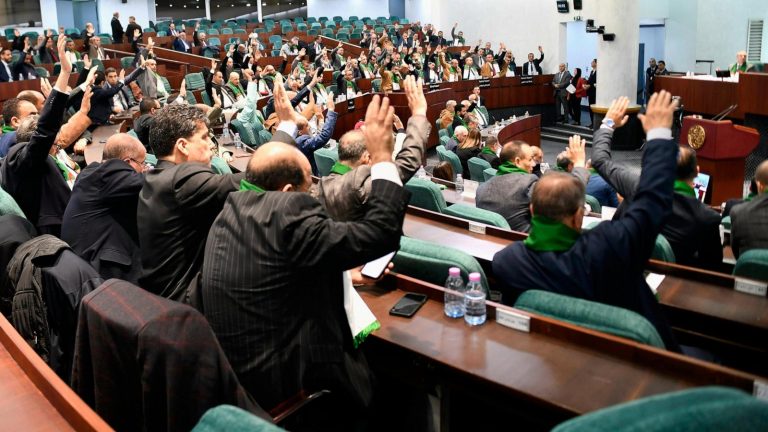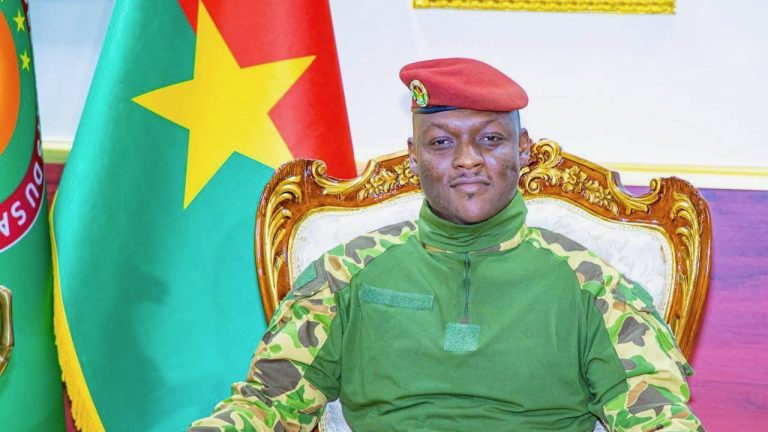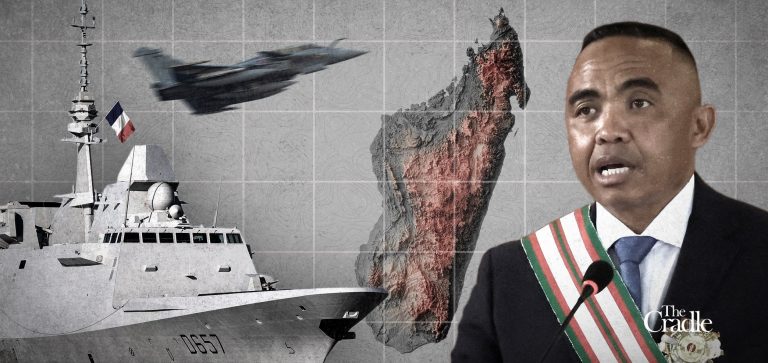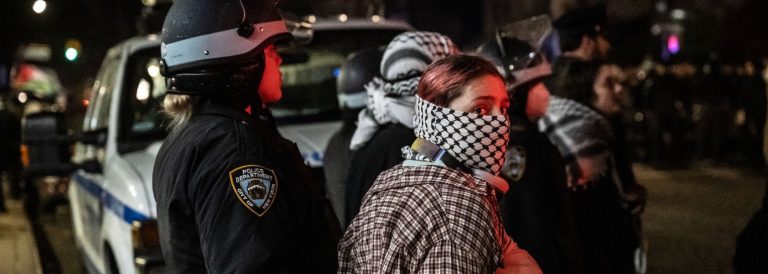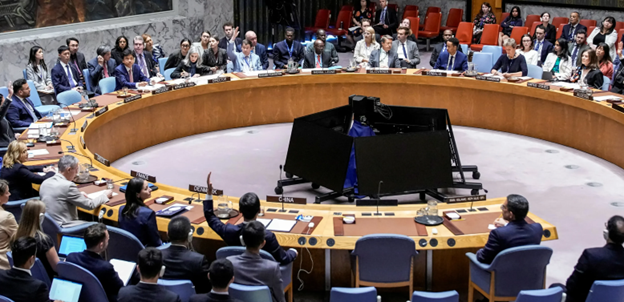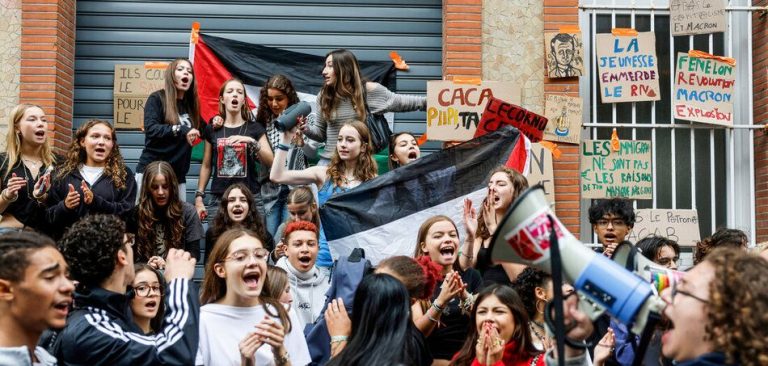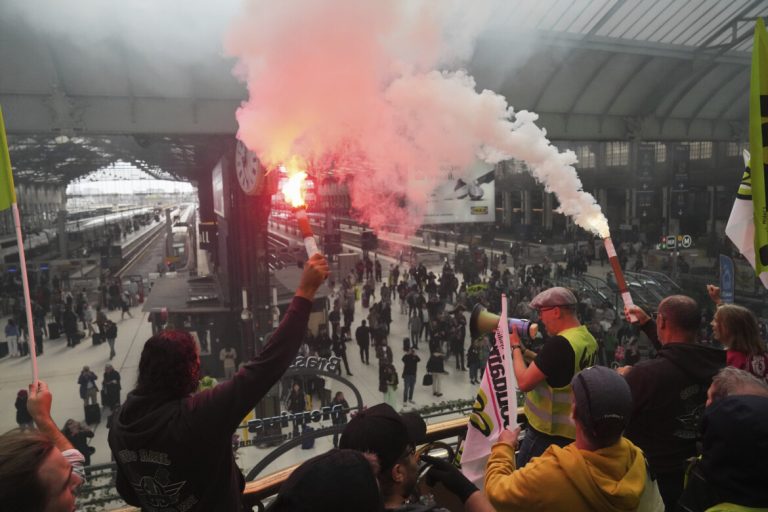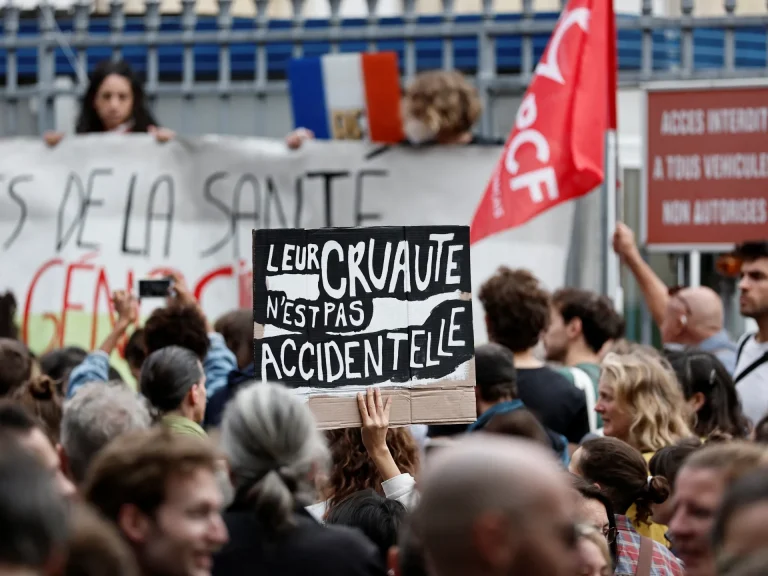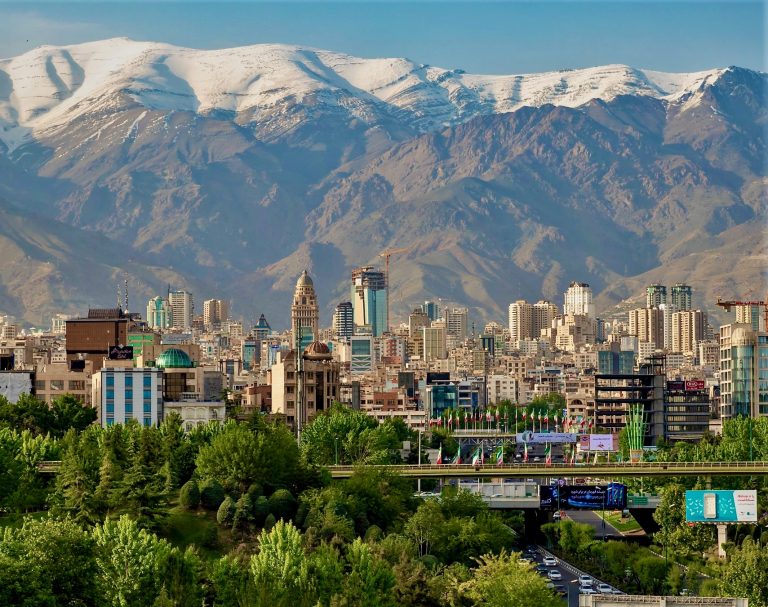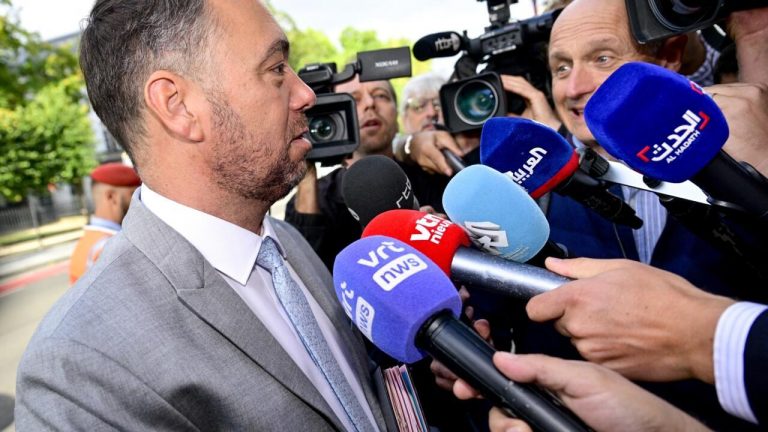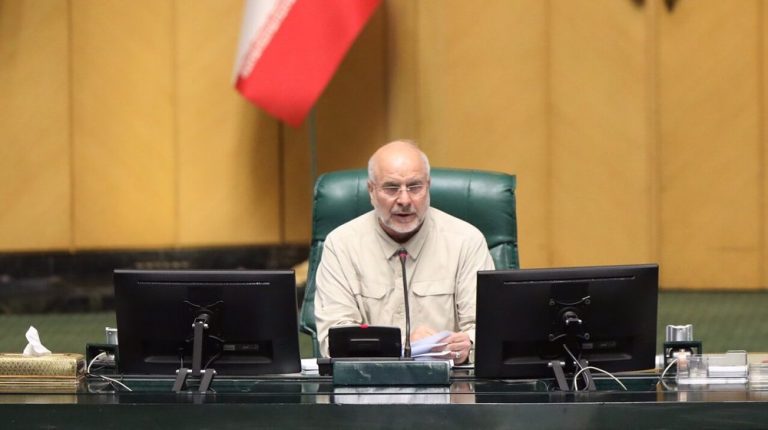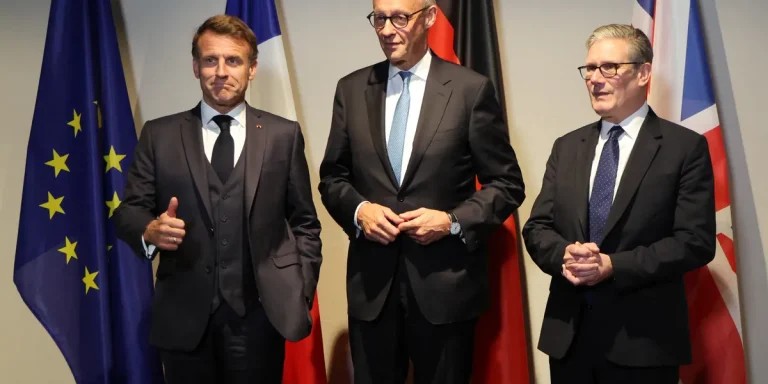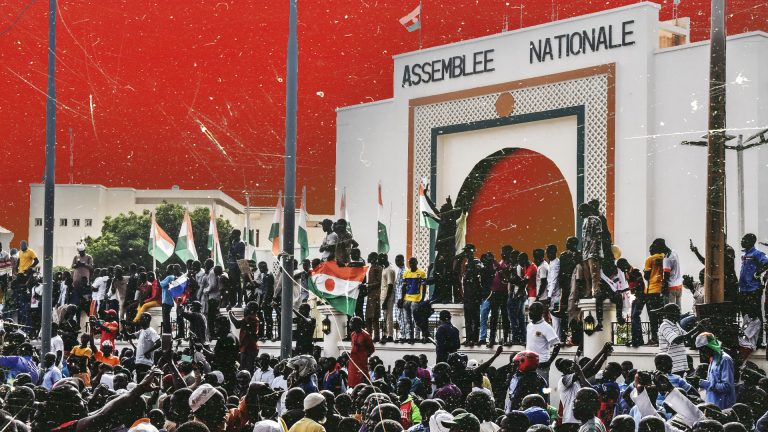Algerian Parliament Declares French Colonial Rule A Crime
Algeria’s parliament unanimously passed legislation on 24 December declaring France’s colonization of Algeria a crime, stating that “full and fair compensation for all material and moral damages” is an inalienable right of the Algerian state and people.
The law was adopted by Algeria’s lower house in Algiers, with lawmakers voting in favor of a bill explicitly assigning France “legal responsibility for its colonial past in Algeria and the tragedies it caused.”
The vote took place on Wednesday inside the Algerian parliament, with MPs marking the moment by standing in the chamber wearing national colors, chanting “long live Algeria,” and singing the national anthem before and after the vote.

